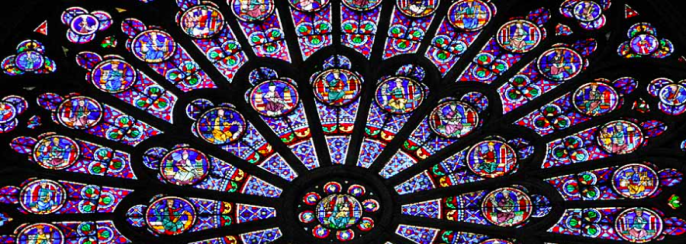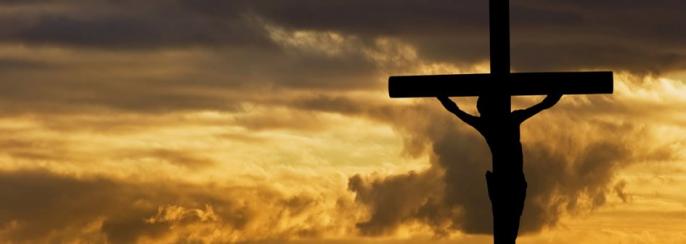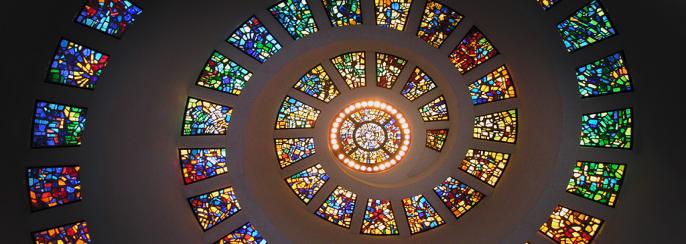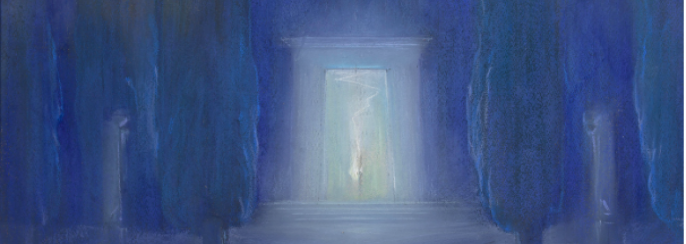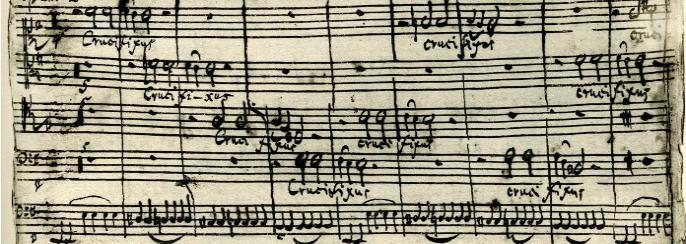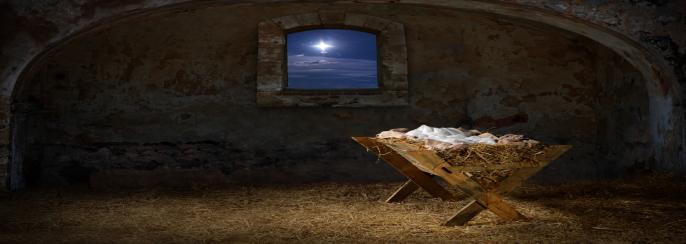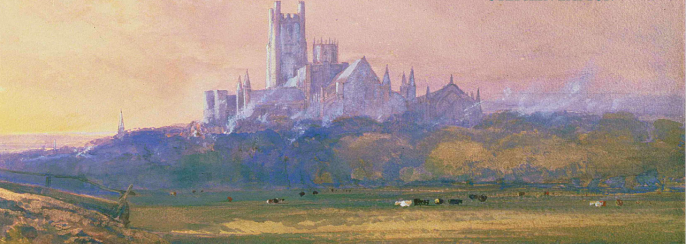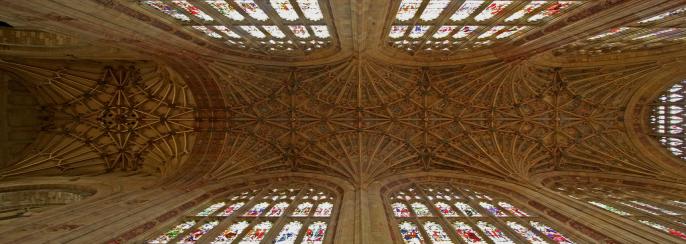Reviews
Review Search

Hyperion has done it again, with this stunning album of mostly sacred choral works by the younger-generation Latvian composer Eriks Esenvalds, perfectly performed by Stephen Layton’s ever-welcome Polyphony and Carolyn Sampson, one of our finest sopranos— supported by the strings of the Britten Sinfonia. Layton, like many of his top-tier colleagues, can’t resist the remarkable flood of new music...
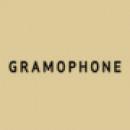
'The programme is scrupulously prepared, with excellent pronunciation, idiomatic timbres anda fine fusion of ardent communication and sensitive shaping. The disc was recorded in the superb acoustic of All Hallows, Gospel Oak, London, and Ivan Moody's informative essay is an indispensable bonus'

Our own great latter-day improviser – a man who in his fantasy organ world David Hyde Pierce would probably love to be – is the 47-year-old former organist of Truro and Gloucester cathedrals, David Briggs. From the age of nine Briggs was obsessed with the improvisations of Notre Dame’s great organist titulaire Piere Cochereau, many of whose improvsations Briggs has meticulously transcribed from...

*****
I can’t believe that it’s been 13 years since Ikon came out by these same forces. At the time I considered it one of the best discs of Russian chant I had ever heard, albeit with a slight Anglican tint to it. No mind—there is nothing in the commandments that forbids non-Russian groups singing their music—which by now has moved way beyond just the confines of strict Russian flavoring...

Performing with insight and commendable Russian sonority, the Holst Singers have cast their net wide in this survey of Orthodox Church music. The main focus is the pre-Revolution period of the early 20th century, with Pavel Chesnokov generously represented. But he and other composers found ways of reconciling inventiveness with the Church’s constraints, and such rarities as César Cui’s Magnificat...

The remarkable performances of the Holst Singers, securely balanced on the tightrope between pianissimo sensitivity and full-throated veneration… The intonation is faultless across all the registers here, diction is clear and the choral sound is beautifully homogenized - there doesn't seem to be a weak voice anywhere. Nor is there a weak piece: all 22 items blaze with devout passion. With the...


